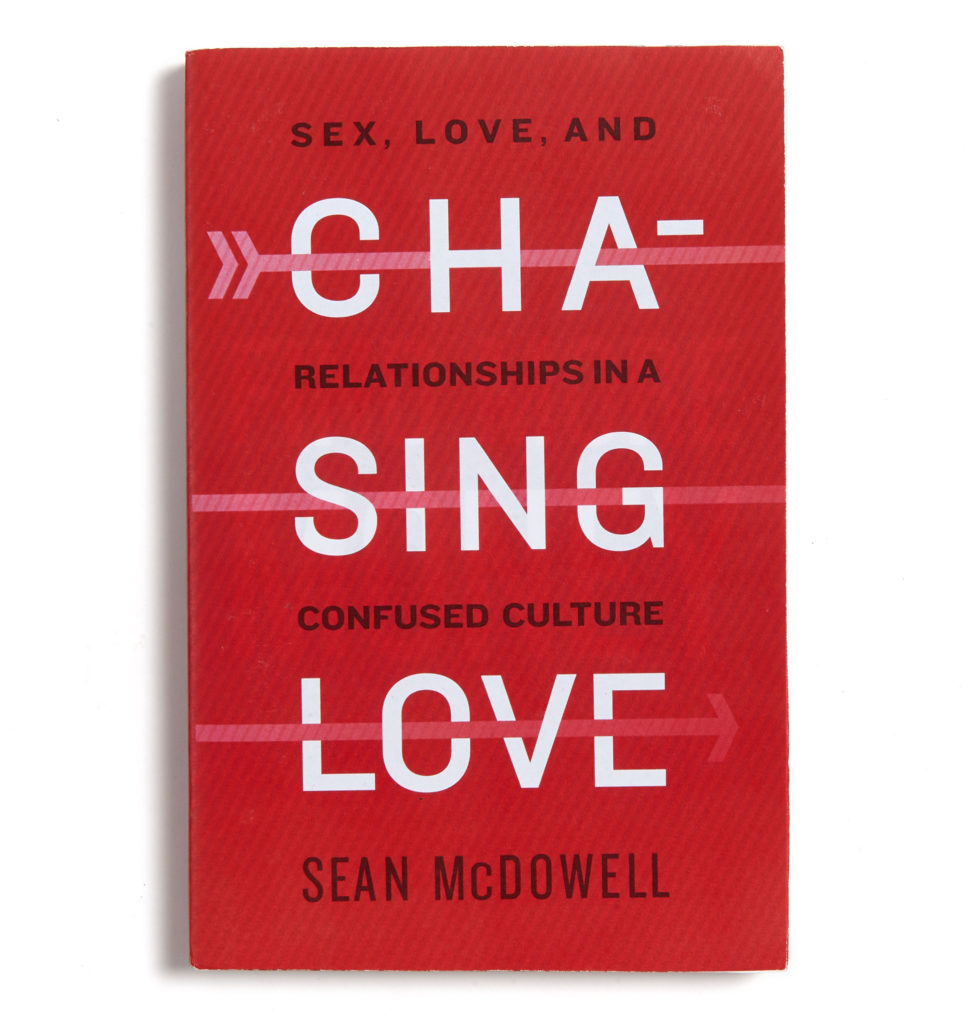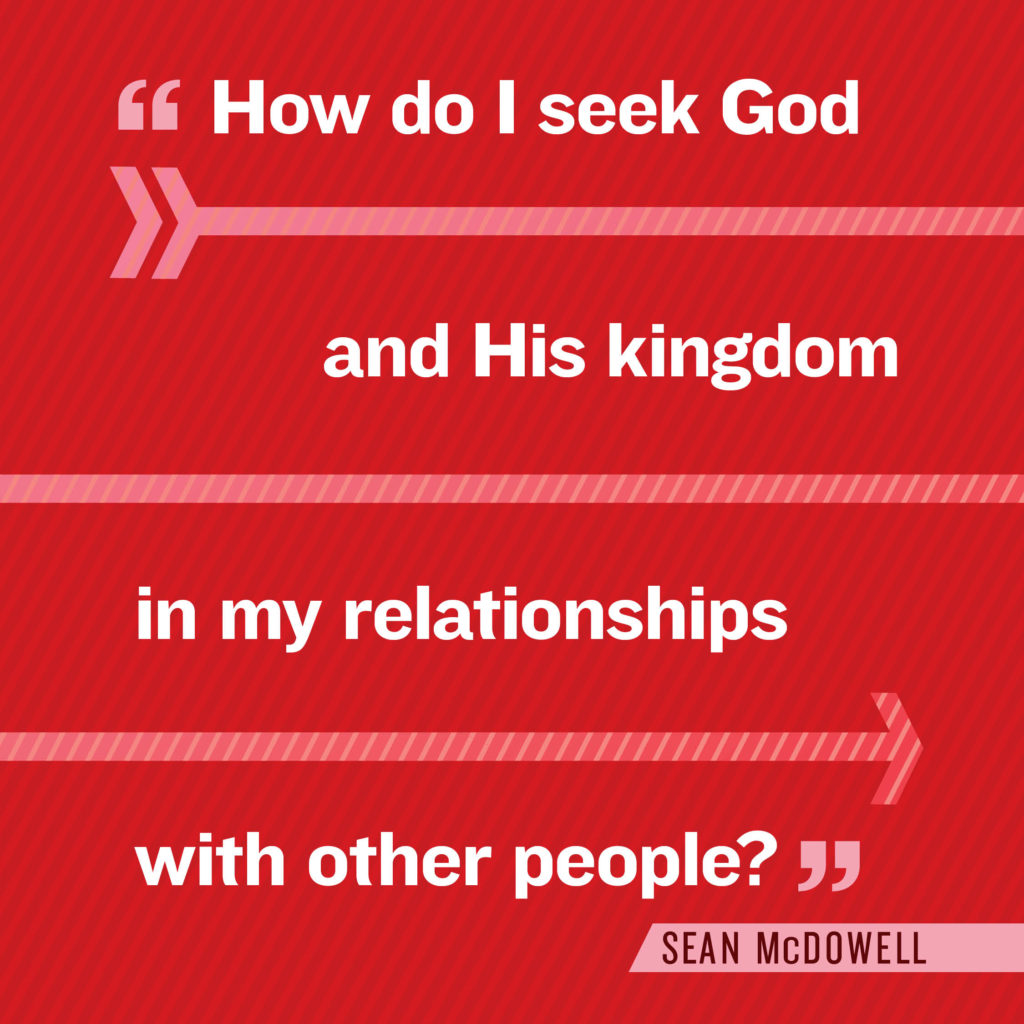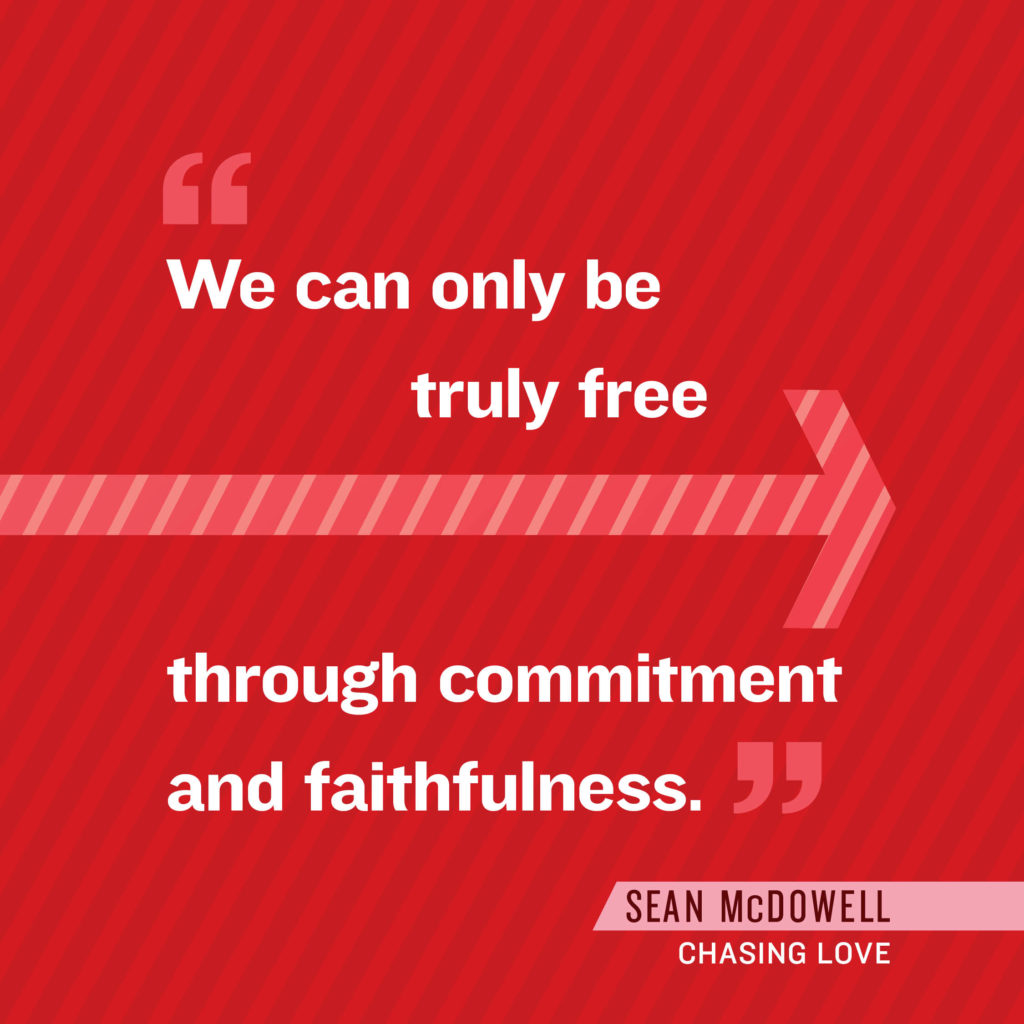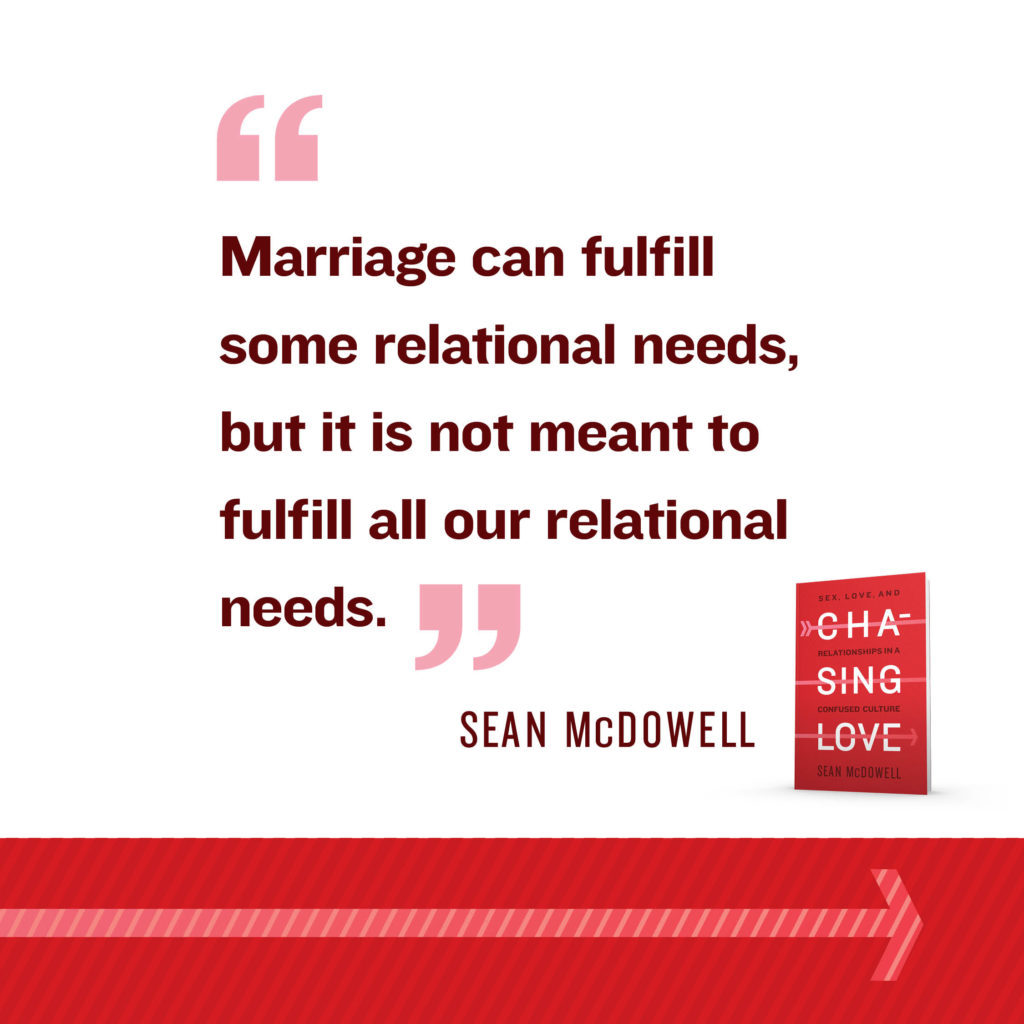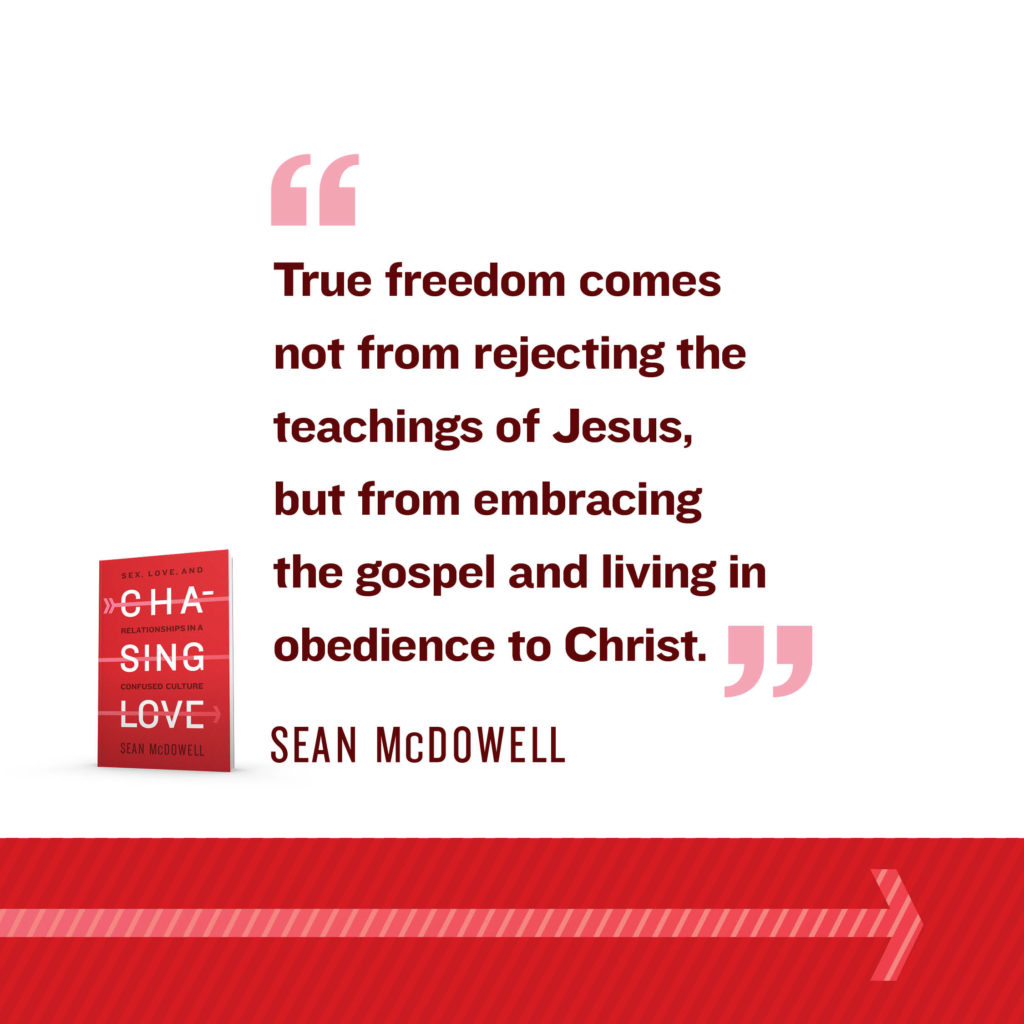Chasing Love sample chapter
about
The music we listen to, the movies we watch—they’re all telling us to keep chasing love, and that we’ll finally be happy when we find it.
But is love really all we need?
The love that the world tells us to pursue is all about self, about following your heart’s desires. But what is the Christian worldview on love? When we follow Jesus, we realize that he invites us to reorient the focus of our lives, so instead of chasing love primarily for our own happiness, we are first and foremost to give love—to God and to others.
In Chasing Love, Sean McDowell will invite readers into Jesus’ radical, upside-down approach to love, and in doing so, he’ll answer some of the toughest questions we’re asking about love today:
- How does Jesus speak to singleness?
- What does the gospel say about LGBTQ issues?
- Can sexual sin truly be forgiven?
- What if I’m not happy in my marriage?
special offer
Order your copy of Chasing Love and redeem your receipt here to get access to special interviews with Sean and his dad, Josh McDowell, founder of the Why Wait? campaign, and with Dr. Richard Ross, co-founder of the True Love Waits campaign.
In these interviews, Sean will discuss with these leaders about the impact these sexual purity movements have had on our culture and how to walk in wisdom through the tough questions of today.
resources
PDF
Sean McDowell on the Church Leaders Podcast
Podcast
press inquiries
For press inquiries regarding Chasing Love,
please contact [email protected]

